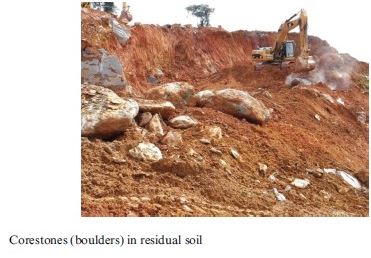Sojisub
Civil/Environmental
- Apr 8, 2021
- 10
On the baseline schedule, the contractor put down 9 days drill and pull 1100 ft of pipe underground (horizontal directional pull). During the operation, they encountered rocks which slowed down their operation. The rocks were not on the geotechnical report so it is fair for the contractor to claim additional cost due to an unforeseen condition. However, they finished the pull in 7 days. Are they entitled to additional cost due to the unforeseen condition?

